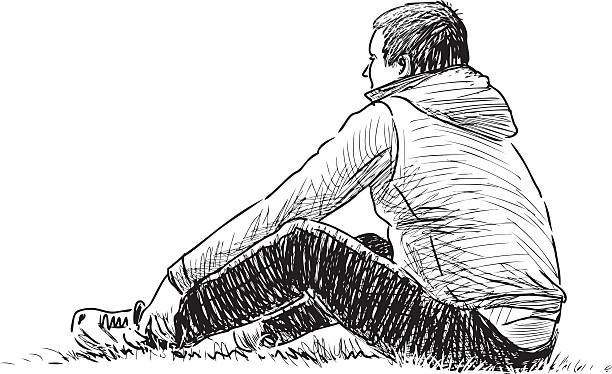Working with Youth During the COVID-19 Pandemic: Adaptations and Insights from Youth Workers

Context

The COVID-19 pandemic deeply disrupted practices within youth services, placing significant strain on practitioners and institutions. This research project, led by Emmanuelle Khoury (Université de Montréal) in collaboration with Martin Goyette (ENAP), is part of the research programming of the Research Chair Network on Youth (Chaire-réseau de recherche sur la jeunesse – CRJ). The aim of the study is to better understand the impact of the COVID-19 health crisis on young people aged 12 to 25 and on the professionals who support them.

Research Questions
What changes in the needs of young people were observed by youth workers during the first and second waves of the pandemic?
What lessons can be drawn from the lived experiences of youth workers in Montréal, and in Québec, to adapt youth services and transform practices in order to better meet the needs of young people and their families during times of crisis or disaster
What are the organizational support and training needs of youth workers to better respond to a constantly evolving context?

Project Objectives
- To understand the social representations of professionals in youth services regarding COVID-19 and public health measures.
- To document the adaptive practices and innovations implemented to meet the needs of young people and extract key learnings.
- To better grasp the training needs expressed by practitioners.
Research Activities

Step 1

Step 2

Step 3
Conducting focus groups with a total of 31 participants

Step 4
Telehealth for Social Interventions With Adolescents and Young Adults: Diverse Perspectives
Working with Youth During the COVID-19 Pandemic: Adaptations and Insights from Youth Workers

How are we doing that?
Focus groups were conducted via Zoom with youth practitioners from various sectors (n=31). Discussions centered on the adaptations made to professional practices during the first and early second waves of the pandemic, the challenges encountered, and the innovative strategies developed, their perceptions of changes in the needs of adolescents, young adults and families, as well as their own training and support needs. These discussions were recorded and analyzed using a qualitative approach. An online qualitative questionnaire was also distributed across the province of Québec, but the response rate was insufficient to yield meaningful data.
Why This Matters
The participation and on site experiences of youth workers makes it possible to:
- Better understand the realities on the ground.
- Develop concrete and tailored action strategies.
- Support the implementation and evolution of Aire ouverte services as resilient organizations
Key findings
The discussions with youth workers revealed several important insights:
- Innovative practices emerged quickly to maintain connections with youth and ensure service continuity despite distancing measures. These included increased use of technology, adapting the modality of follow-ups, and the creation of more flexible listening spaces.
- In-person services (with social distancing) were largely preferred, as they are more conducive to building trust, interpreting non-verbal communication, maintaining confidentiality, and encouraging stronger engagement.
- A strong need for support and training was expressed, especially in areas such as mental health, digital tools, and adapting intervention approaches.
- The pandemic exposed structural limitations in current youth services but also highlighted their capacity for rapid transformation.
- The well-being of workers emerged as a central issue, underscoring the need to create more supportive working conditions.
Areas for Improvement
- Offer telehealth as a complementary—not exclusive—option
- Ensure equitable access to technology and suitable environments
- Provide adequate training and support for youth practitioners
- Establish clear ethical standards for remote practices


